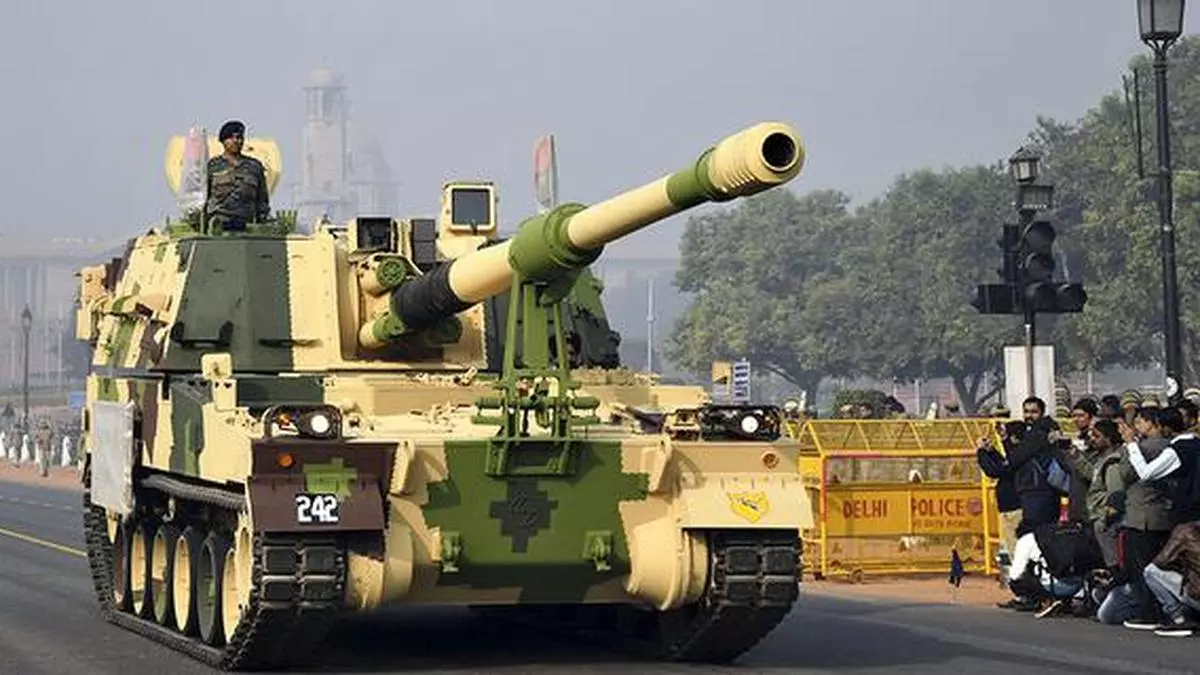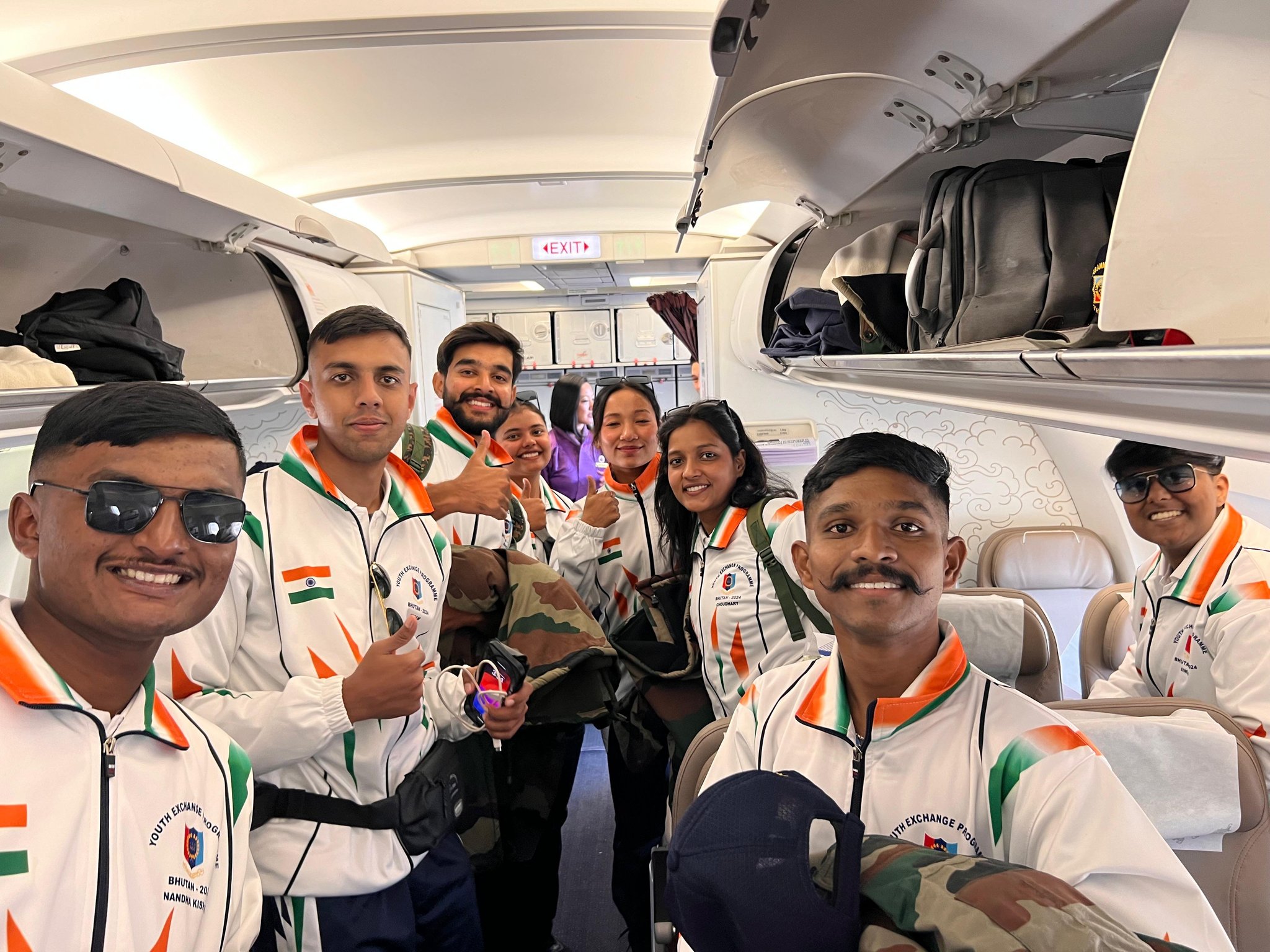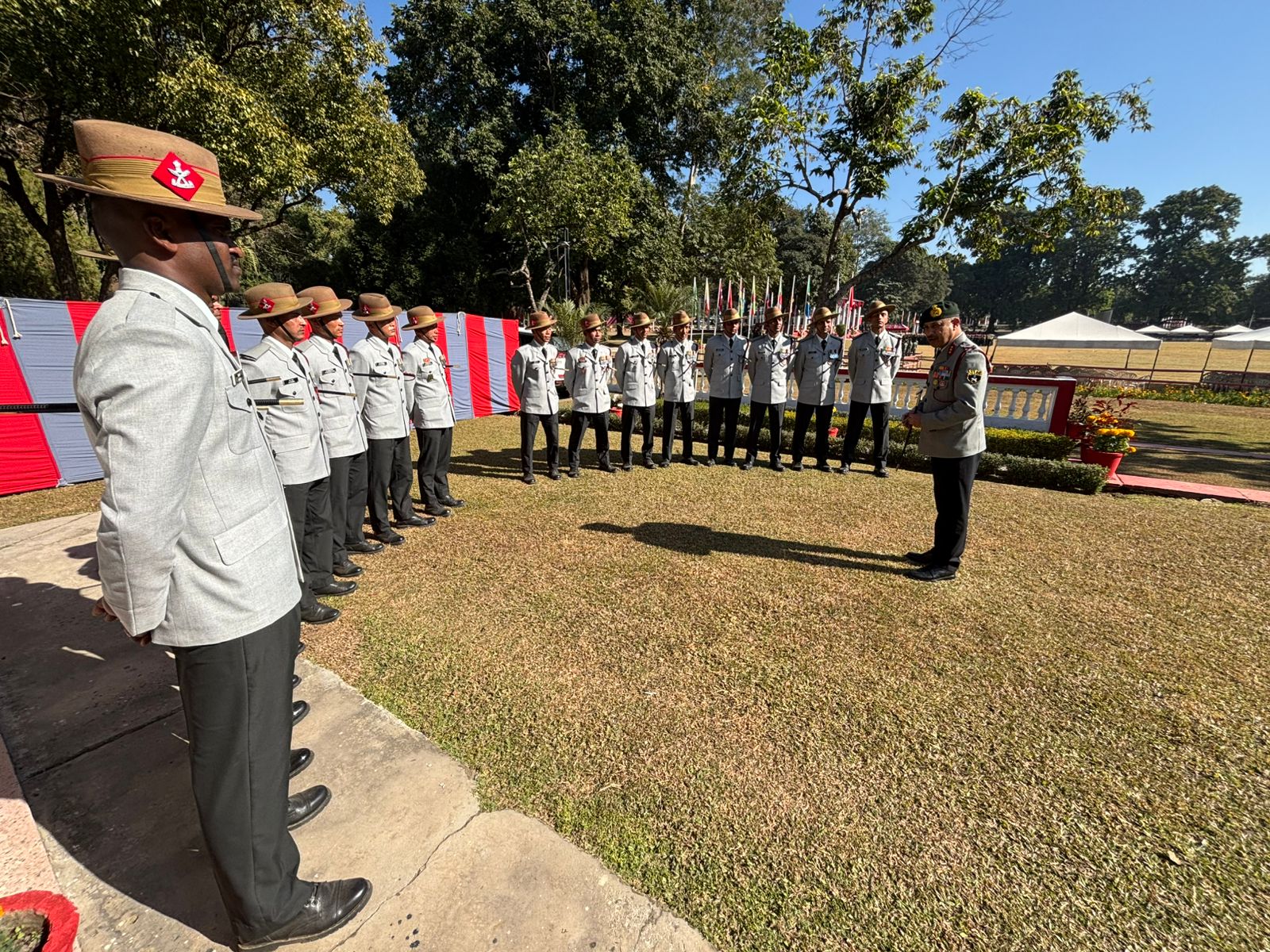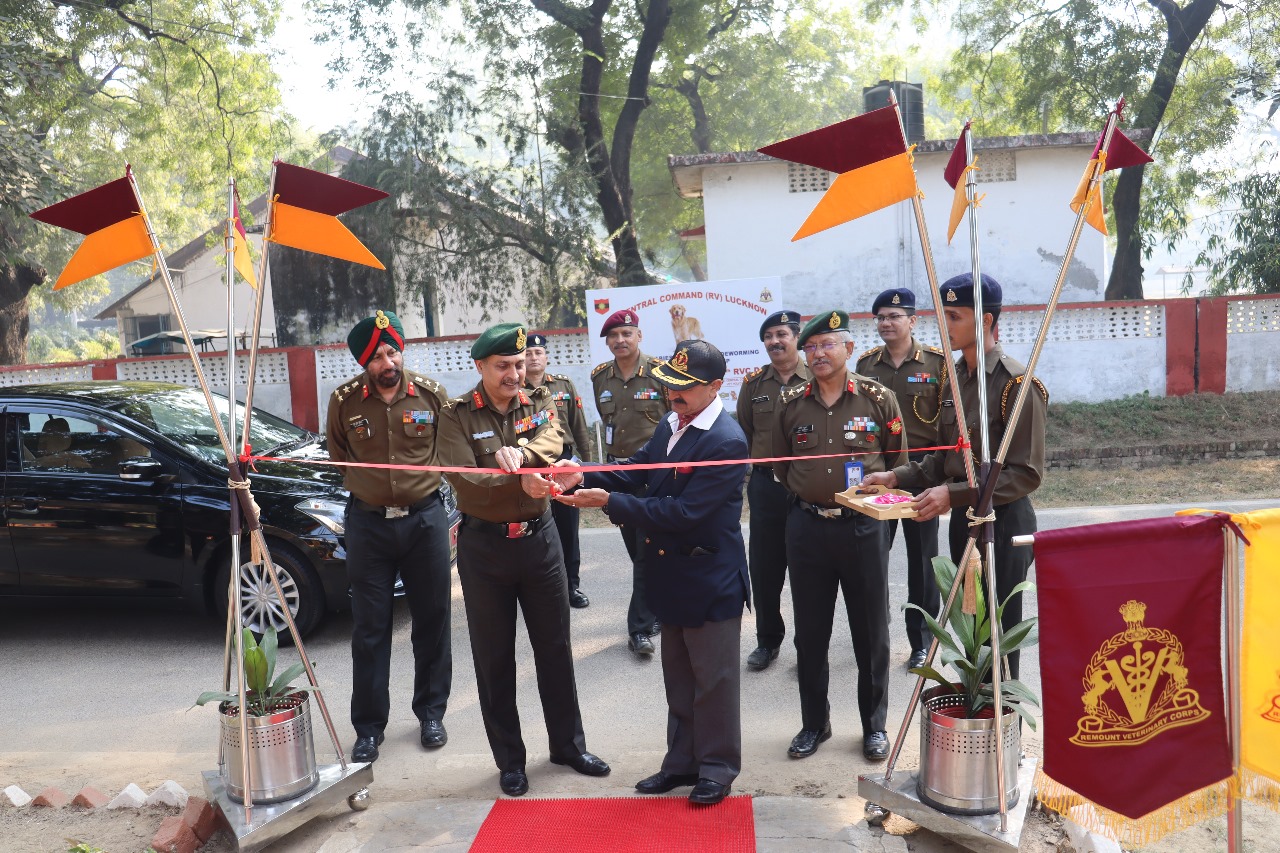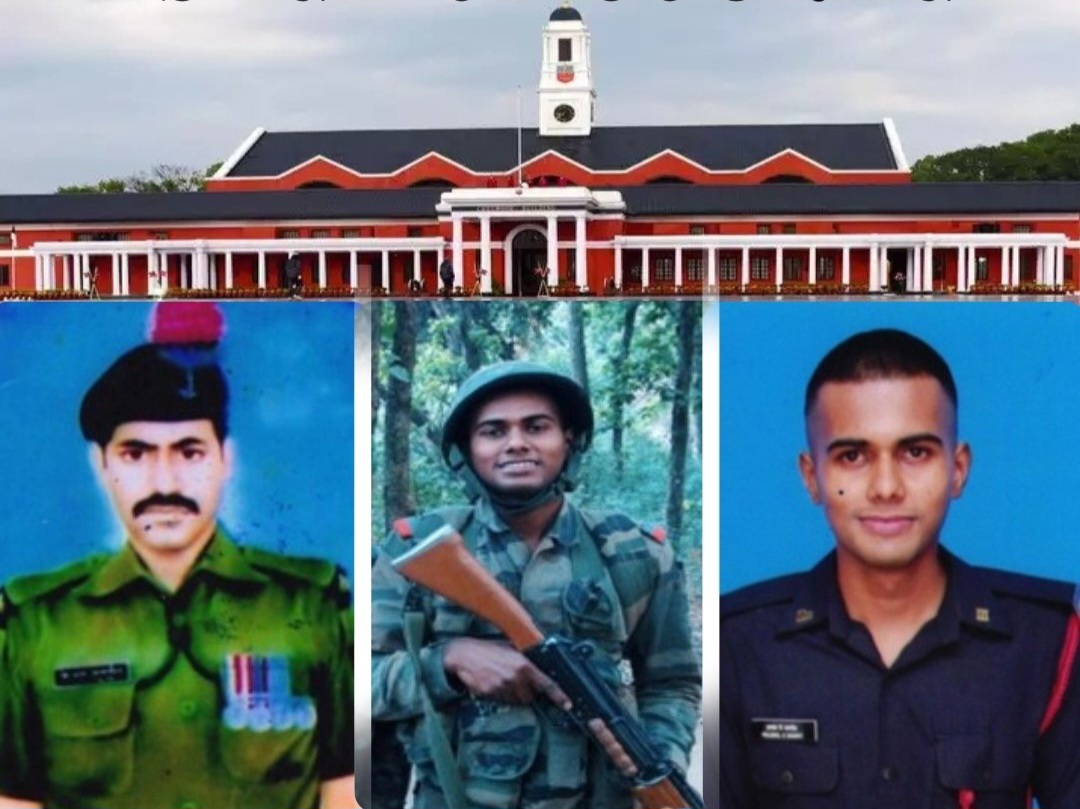Indian Army Secures Approval for Procurement of 100 K-9 Self-Propelled Howitzers
The Indian Army is poised to significantly enhance its artillery capabilities following the endorsement of a proposal to procure 100…
NCC Cadets Visit Bhutan Under Youth Exchange Program
A delegation comprising 2 Officers and 12 Cadets from the National Cadet Corps (NCC) has reached Bhutan, the Land of…
Lt General Vikas Lakhera Interacts with Trainee Officers at IMA Dehradun
Lt Gen Vikas Lakhera, AVSM, SM, Director General of Assam Rifles, visited the Indian Military Academy (IMA), Dehradun, on 12…
Surya Command Host Health Camp for Pet Canines Ahead of RVC Day
In a heartwarming initiative ahead of Remount and Veterinary Corps (RVC) Day, Suryavets organized a Health Camp under the aegis…
The Inspiring Journey of Gentleman Cadet Prajwal Krushna Ji Samrit
Raised by a single mother, Gentleman Cadet (GC) Prajwal Krushna Ji Samrit has carried the weight of his father’s ultimate…
IAF Secures 12 Additional Su-30 MKI Fighter Jets for ₹13,500 Crore
The Indian Air Force (IAF) is poised to strengthen its fleet with the acquisition of 12 additional Su-30 MKI fighter…

